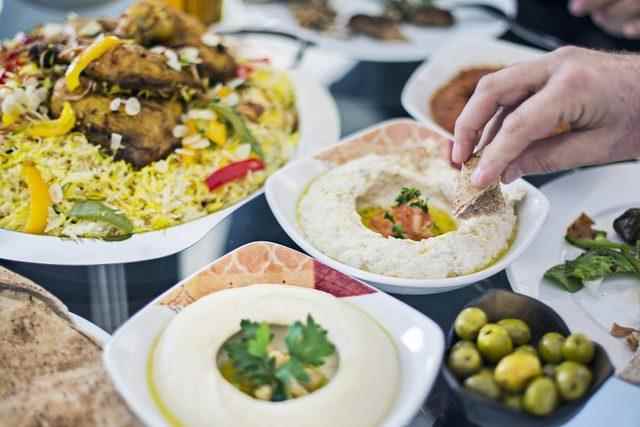The month of Ramadan, when millions of Muslims around the world fast, has begun. For the past few years, Ramadan has coincided with the summer period, when the days are longer and the weather is warmer in countries in the Northern Hemisphere.
In some countries, such as Norway, this means being deprived of food for up to 20 hours a day.
So how does fasting affect health? What happens in the body of a person who fasts for 30 days?
The human body realizes that it is fasting 8 hours after the last meal.
That is, when the intestines have completely digested all the nutrients taken in the last meal.
In the next step, the body turns to glucose in the liver and muscles to meet its energy needs.
When you consume glucose, the next source of energy is fat in the body.
Burning fat helps us lose weight, lower our cholesterol levels and reduce the risk of diabetes.
On the other hand, the decrease in blood sugar causes weakness and lethargy in the body.
Headache, nausea and bad breath are added to the symptoms when the hunger level is at its peak.
Your body is starting to get used to fasting. He consumed the fat and turned it into blood sugar.
Since water intake decreases between sahur and iftar times, sweating accelerates in the body and fluid loss increases.

Taking carbohydrates and some fats at meals at the time of iftar and sahur is essential for energy production.
It’s important to get certain nutrients, such as protein, salt, and water, with a balanced diet.
Your body has now entered the 3rd stage and the body has almost completely adapted to the fast.
Anesthesia and Intensive Care Consultant at Cambridge University Hospital in England, Dr. Razeen Mahroof says that this phase also has some positive effects on the body.
“We take much more calorie food in our daily life, and our body is unable to perform important tasks such as overcoming diseases,” said the medical expert. he continues.

In the second half of Ramadan, the large intestine, kidney and skin begin to be purified from toxins.
Dr. Mahroof says that during this period, the organs return to their maximum capacity. He emphasizes that while memory and concentration are strengthened again, energy also increases.
Mahroof continues:
“Fasting covers the period from dawn to sunset. Thus, there is an opportunity to take food and liquids that give energy in between. While fasting protects the muscles, it also helps the person to lose weight.
“However, if your body starts taking protein for energy, it goes into advanced starvation mode and starts using your muscles. This is most common during fasting periods that are prolonged for days and weeks.”
Dr. According to Mahroof, the answer to this question is “Yes” but on one condition:
“Fasting is beneficial for health as it allows us to focus on what we eat and when, but we do not recommend prolonging the one-month period and fasting continuously.”
“Prolonging the fast prevents the conversion of fat into energy in the long term and the body turns to your muscles as an energy source. When it goes into ‘starvation mode’, it affects health by making it difficult to lose weight in the long run.”
If fasting is to be done outside of the Ramadan period, Mahroof’s recommendation is to follow the 5:2 fasting diet.
In other words, eating healthy 5 days a week and fasting the other 2 days.
